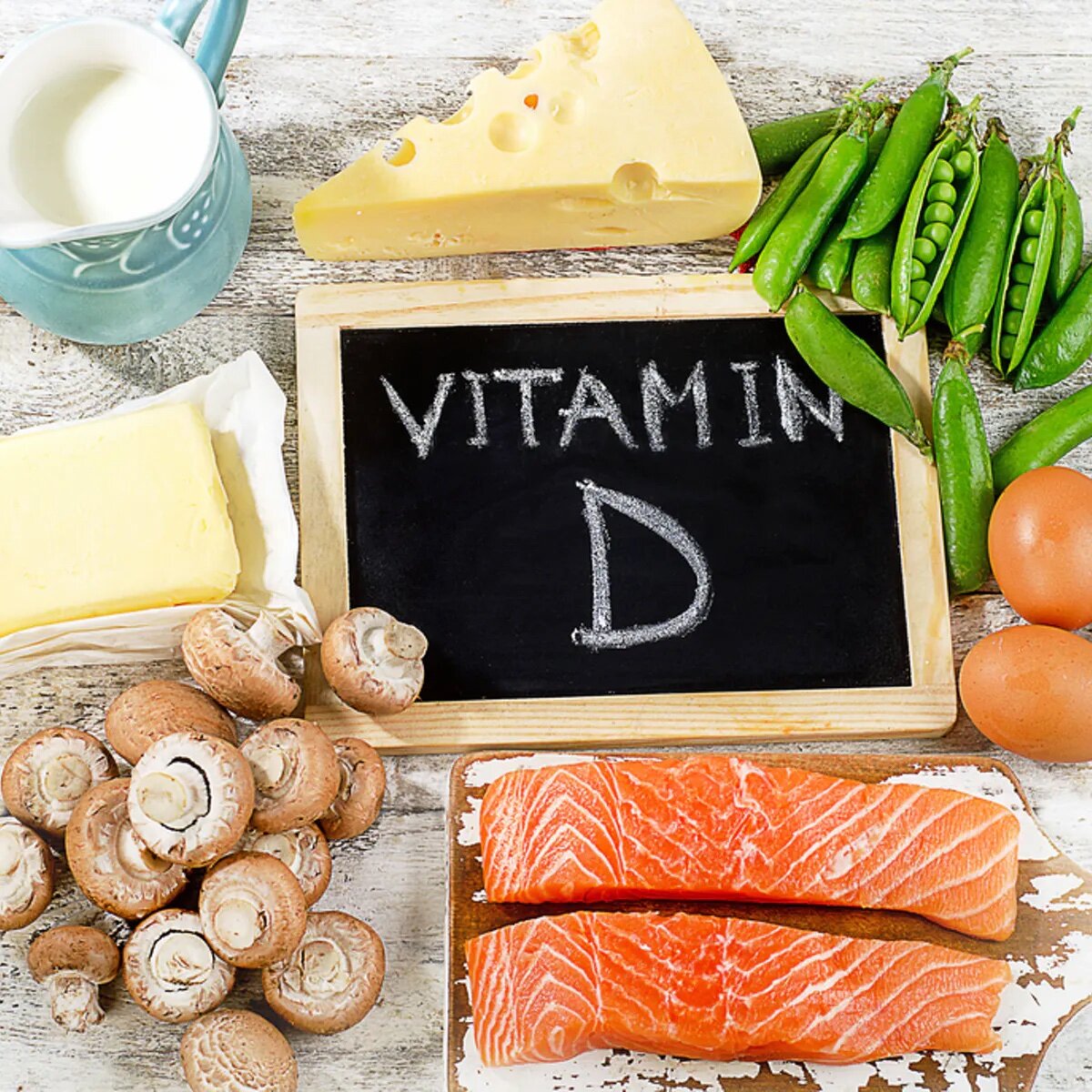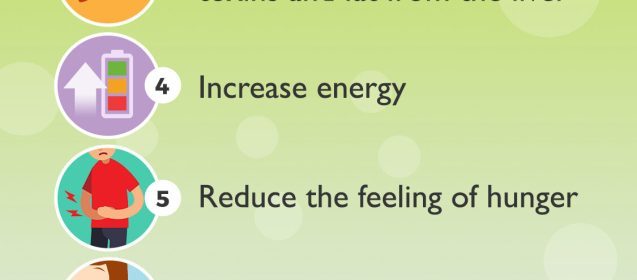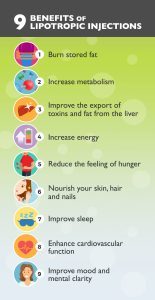The Hype Behind Vitamin D

exc-60750adaa7a6025d72e8e468
What is Vitamin D and what does it do?
Vitamin D is a nutrient you need for your health and wellness! It helps your body absorb calcium, one of the main building blocks for strong bones, thus important in preventing osteoporosis and spontaneous fractures (breaks) in older people.
Your body needs Vitamin D for other functions too. Your muscles need it to move, and your nerves need it to carry messages between your brain and your body. Your immune system needs Vitamin D to fight off invading bacteria and viruses. Recently, there has been much hype about Vitamin D deficiencies and COVID-19! However, there are many conditions that are linked to low or insufficient Vitamin D levels such as:
• Vitamin D has also been shown to have affect on your mood, linking low Vitamin D to depression.
• Vitamin D significantly affects your bones as above and deficiencies are thought to contribute to chronic pain/joint pain.
• Vitamin D deficiencies can cause delayed wound healing, especially in difficult wounds such as diabetic ulcers and slow post-operative healing.
• Hair loss in women has also been linked to low Vitamin D.
• Muscle pain, fatigue and tiredness from which there is no other explanation (such as injury) has been tied to low Vitamin D levels as well!
As you can start to see, Vitamin D is an important part of your overall health!
What foods provide Vitamin D?
Very few foods naturally contain Vitamin D. Fortified foods (breads, cereals) provide most of the Vitamin D in the diets of people in the United States.
Almost all of the U.S. milk supply is fortified with about 3 mcg (120 IU) Vitamin D per cup. Many plant-based alternatives such as soy milk, almond milk, and oat milk are similarly fortified. But, foods made from milk, like cheese and ice cream, are usually not fortified.
• Vitamin D is added to many breakfast cereals and to some brands of orange juice, yogurt, margarine, and other food products.
• Fatty fish (like trout, salmon, tuna, and mackerel) and fish liver oils are among the best natural sources of Vitamin D.
• Beef liver, cheese, and egg yolks have small amounts of Vitamin D.
• Mushrooms provide a little Vitamin D. Some mushrooms have been exposed to ultraviolet light to increase their Vitamin D content.
Can I get Vitamin D from the sun?
Your body makes Vitamin D when your BARE skin is exposed to the sun. Most people get at least some Vitamin D this way. However, clouds, smog, old age, wearing sunscreen and having dark-colored skin reduce the amount of Vitamin D your skin makes. Also, your skin does not make Vitamin D from sunlight through a window, especially tinted windows!
As we know, ultraviolet radiation from sunshine can cause skin cancer, so it’s important to limit how much time you spend in the sun. Although sunscreen limits Vitamin D production, health experts recommend using sunscreen with a sun protection factor (SPF) of 15 or more when you’re out in the sun for more than a few minutes because of these risks, therefore reducing the amounts produced as above!
What kinds of Vitamin D dietary supplements are available?
Vitamin D is found in multivitamin/multimineral supplements. It is also available in dietary supplements containing only Vitamin D or Vitamin D combined with a few other nutrients. The two forms of Vitamin D in supplements are D2 (ergocalciferol) and D3 (cholecalciferol). Both forms increase Vitamin D in your blood, but D3 might raise it higher and for longer than D2. Because Vitamin D is fat-soluble, it is best absorbed when taken with a meal or snack that includes some fat, therefore is often taken incorrectly and not absorbed, seeing very little difference in labs from just oral supplementation.
At To Your Health and Wellness, we now offer Vitamin D by injection for better absorption and all the benefits in addition to our menu of wellness services such as Hydration therapy, Peptides, Vitamin B12 Lipo shots and Hormone Replacement Therapy to meet YOUR health and wellness needs!
Contact us today to find out if you are a candidate and to begin your injections! A simple blood test and history will tell us how we can help your Vitamin D and overall health! If you have recently had labs, ask your provider to refer you to us to get started on Vitamin D injections and bring a copy of your labs to your first appointment!



 We are almost through the first QUARTER of 2021!
We are almost through the first QUARTER of 2021!
 Bioidentical Hormone Replacement Therapy is one tool we can help you Improve Your Weight Loss Efforts, in addition to our other medically guided weight loss plans!
Bioidentical Hormone Replacement Therapy is one tool we can help you Improve Your Weight Loss Efforts, in addition to our other medically guided weight loss plans!